

Share
25th October 2016
03:30pm BST

“The plan is, first of all, to make everybody realise that there is a long-term plan and to get away from the thought that it is anything other than that.”
If Moyes has ever come across John Maynard Keynes’ words that “in the long run, we’re all dead”, he has disregarded them as further evidence that we live in a world that demands instant gratification, except for those who want to be satisfied faster than that.
Sunderland have backed Moyes and his long-term vision, but he could do with a win, preferably in the league, to persuade everybody that his vision is sustainable.
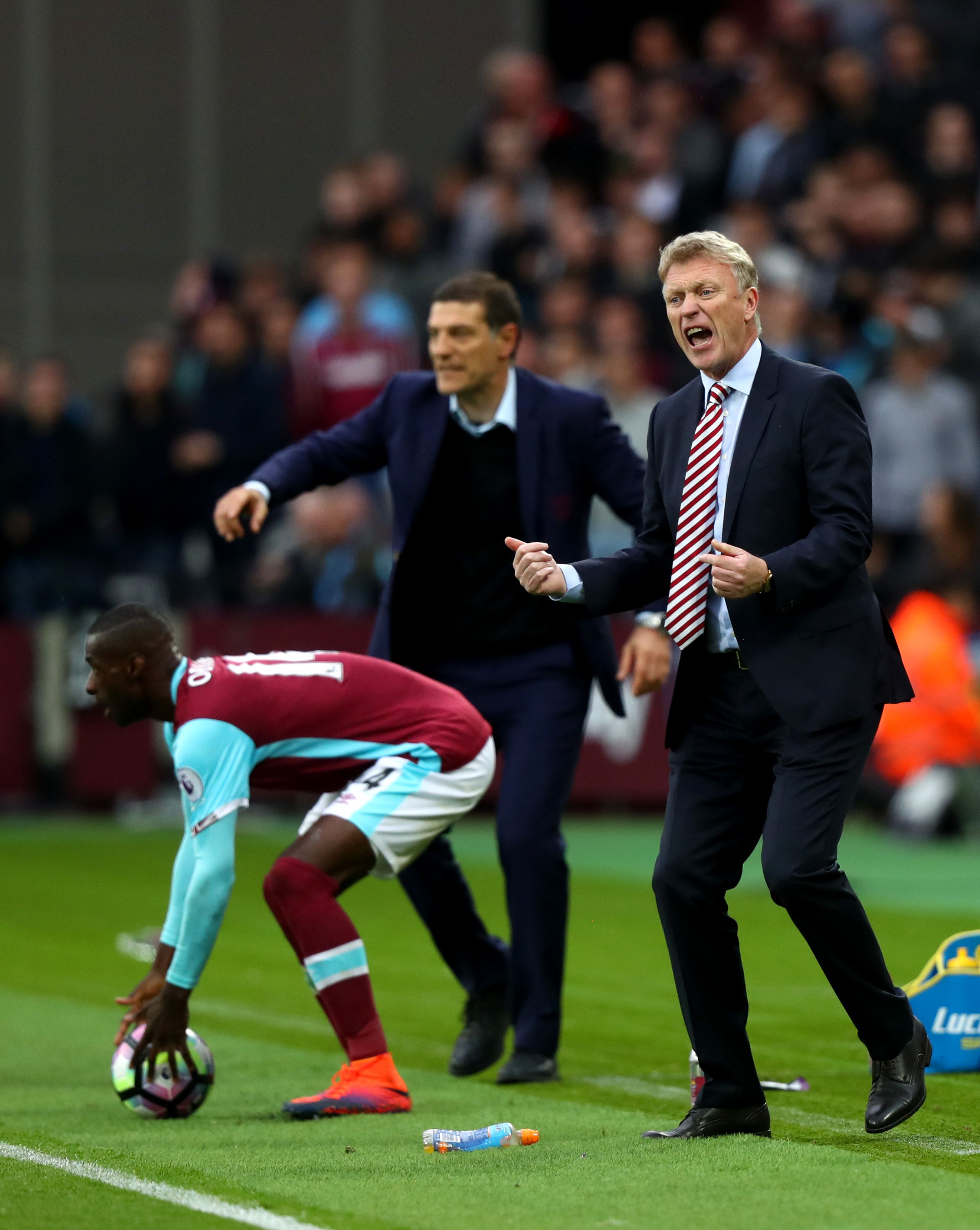
On Wednesday, Sunderland travel to St Mary’s to face Southampton in the EFL Cup and another defeat will place more pressure on a manager who is becoming used to it.
During his days as a player and his early management career, Moyes thrived on these challenges. Those who worked with him at Preston talked about his inner strength, an overwhelming self-belief and the absence of self-doubt.
Moyes has always played the long game. He is detailed and cautious, traits which allowed him to build methodically at Everton, even if his time there isn’t regarded fondly by all supporters anymore.
Everton had four managers, including the late Howard Kendall twice, in the 12 years before Moyes arrived in 2002, a turnover rate which seemed to expose their search for direction in the years since they had been one of the most exciting sides of the 1980s.
But it represented permanence and stability compared to what he has encountered at Sunderland. There may be similarities with Everton, but they are superficial and in the past. Both clubs have a great tradition and their histories are glorious, but that is where the resemblance ends.
In the past 12 years, Sunderland have had 10 managers. The last manager to last a full season was Steve Bruce in 2009-10. Since then, there has been moments of madness, many provided by Paolo Di Canio, and regular battles against relegation.
When Sam Allardyce left to manage England, Ellis Short was swift to move for Moyes, a demonstration of confidence from an owner who has had many brains storms during his time at the club. Moyes, he said, had been his number one target "for the last five appointments". This might have revealed more than Short intended.
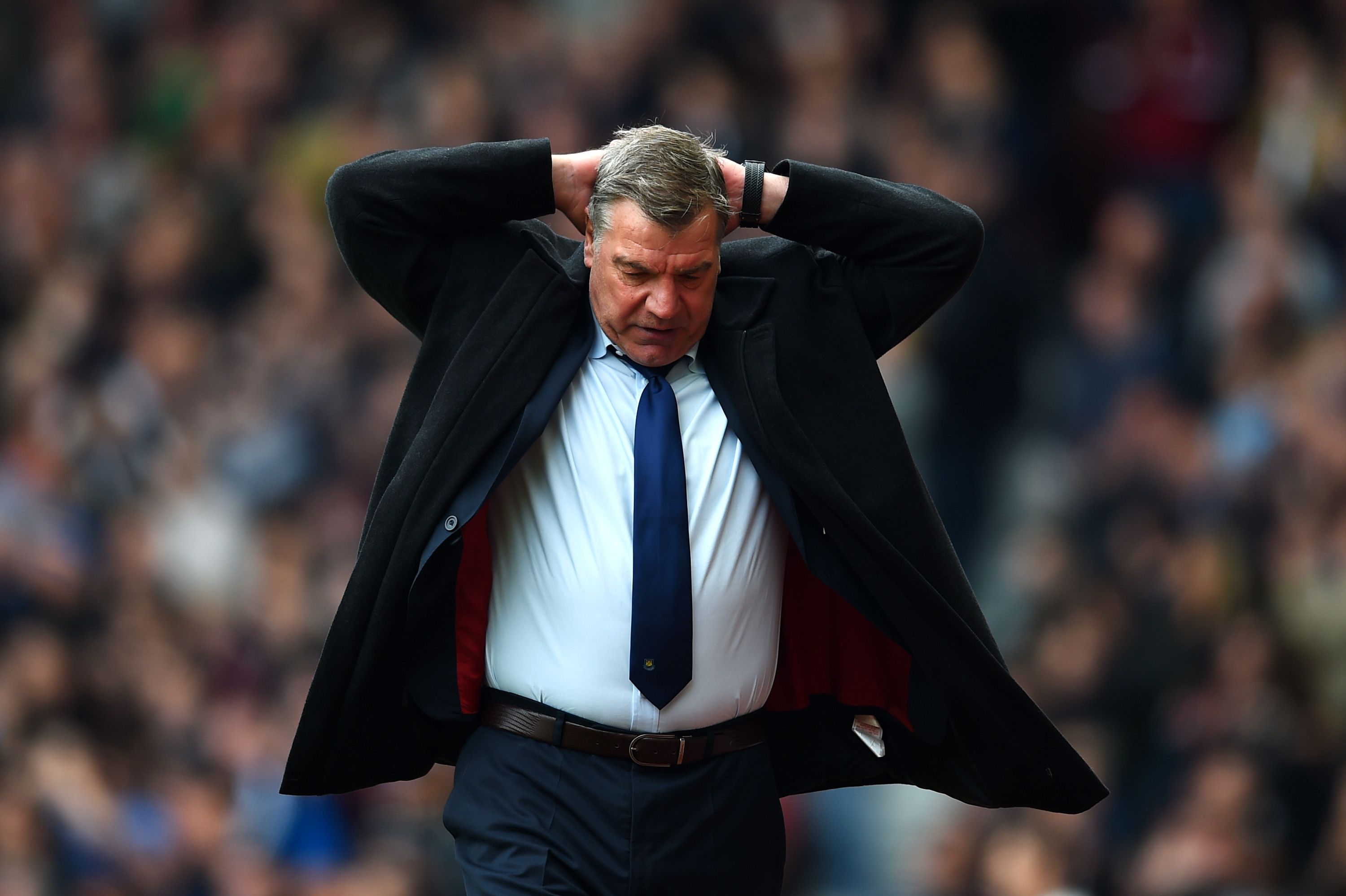
Nothing has changed from the club’s point of view. Moyes is the manager they wanted and there is a long-term plan, even if Sunderland, more than most, live in a short-term world.
Maybe Moyes can change that perception but it appears as if something of his intensity has diminished or, as importantly for the modern manager, he is perceived to be less intense or plausible.
There are many aspects of his management which should appeal to a club like Sunderland. At Everton, players were startled when Moyes first arrived by the demands made of them in pre-season.
In a Premier League where fitness and running has become the latest craze, he should be to the fore, but whatever his ability, Moyes is no longer fashionable.
When Moyes first started at Everton, supporters were surprised to see him leading the players in the pre-match warm up and taking part in them himself.
Moyes would lead and push by example. He was in an uncertain world, but he appeared to be sure of his methods. These were admirable traits, but what happened at Old Trafford has changed the perception.
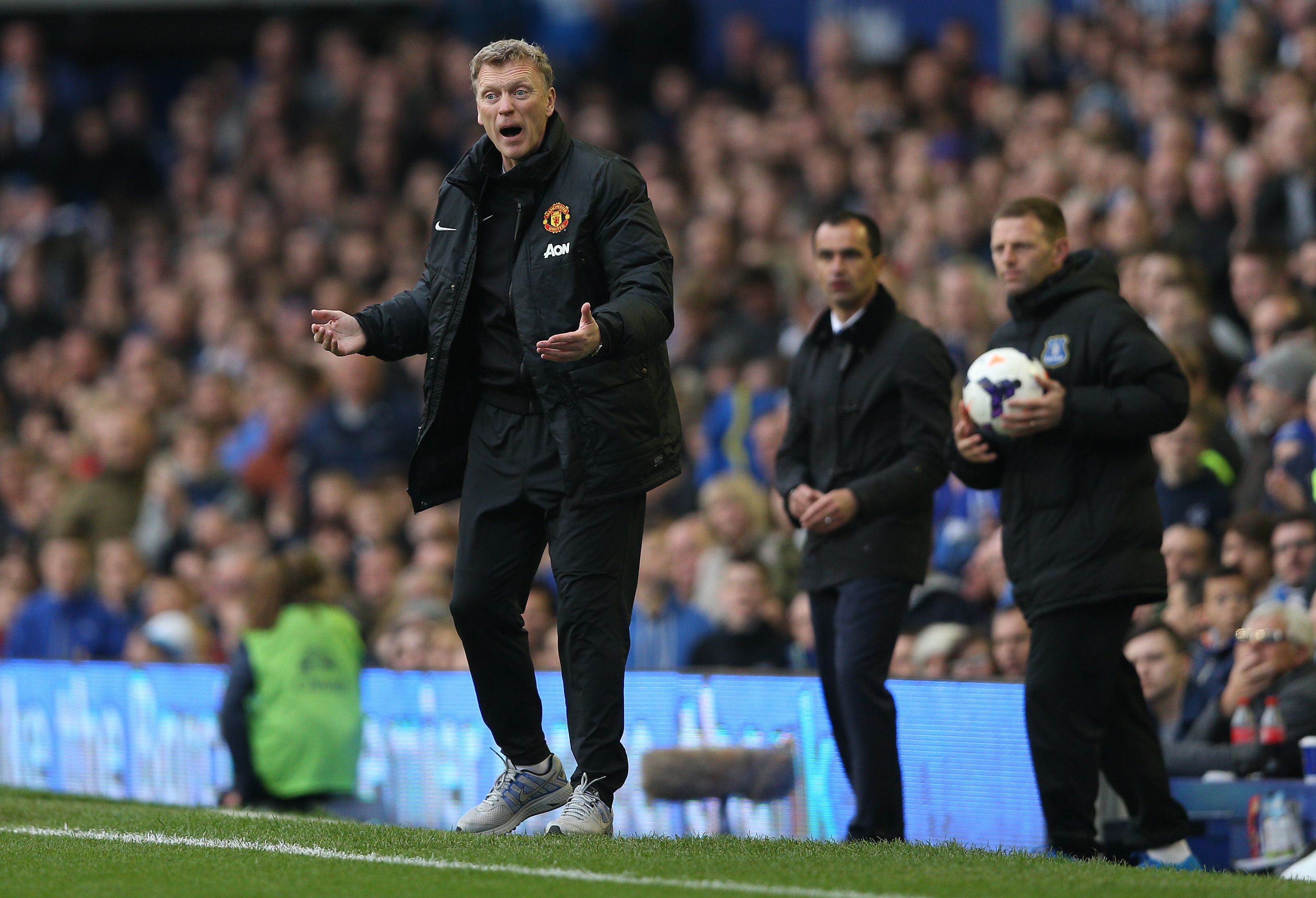
He may be able to say that what happened at Manchester United was an experience he learned from, but it is one that has scarred him as well. Sunderland, meanwhile, are in a familiar position, but it seems too familiar, too doomed even for them and that is Moyes’ problem.
He is man of honesty and integrity - a good man as Ryan Giggs told him shortly after Moyes was sacked - who always seems dangerously close to giving a truthful answer to whatever question he is asked. He is, also, unconvincing when doing the opposite, as when he tried to complain about the fixture list in his first few weeks at Manchester United.
“I hope it's not because Manchester United won the league quite comfortably last year that the fixtures have been made much more difficult,” he said as he embarked on what he felt would be a long spell at the club. "I find it hard to believe that's the way the balls came out of the bag, that's for sure. But if it is a hard start for Manchester United, it is a hard start for everyone else because they have to play us.’’
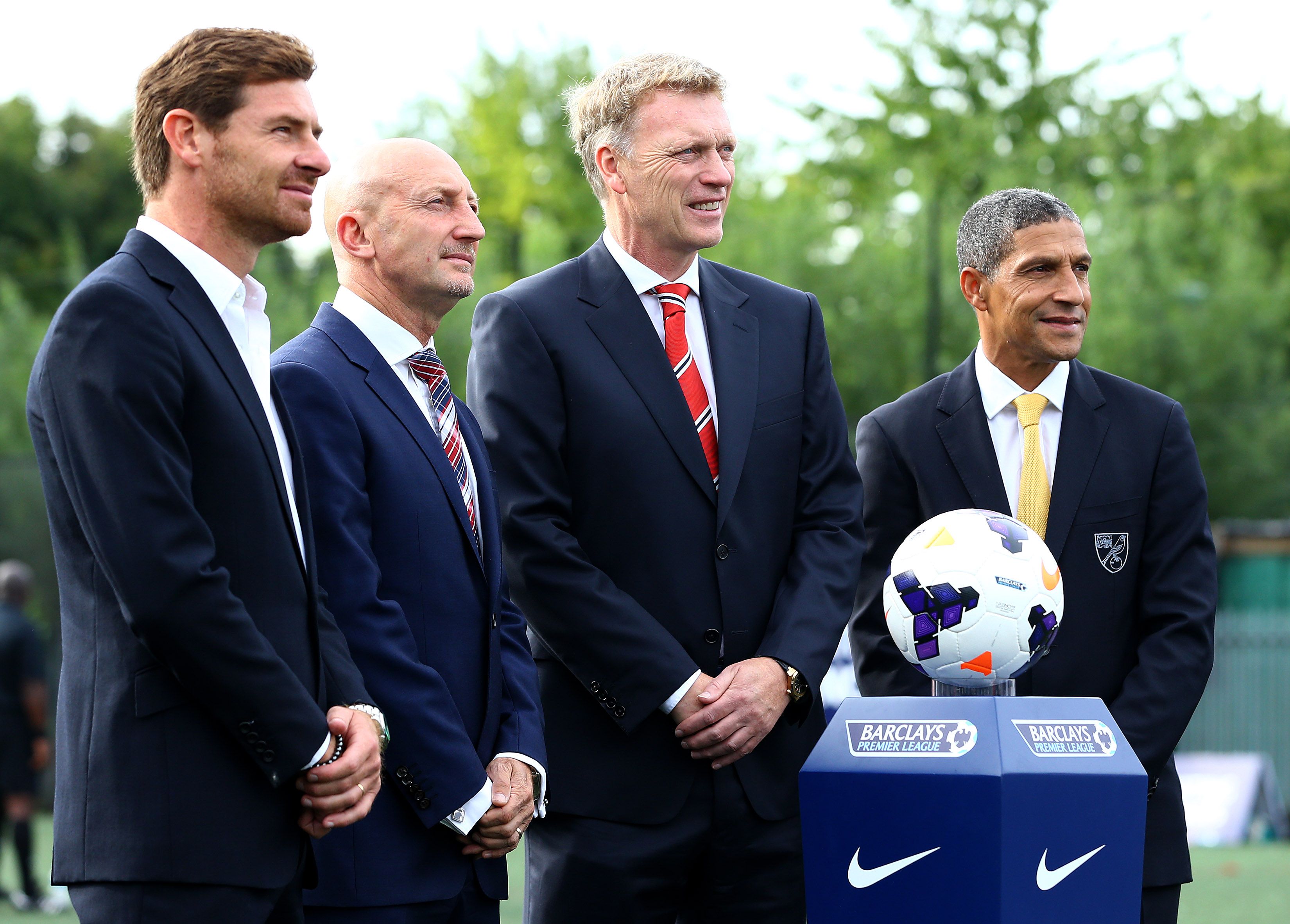
This was a brave attempt at replicating the great conspiracist Alex Ferguson and a brave attempt at sounding comfortable as a master of the universe, when he had so long been a scrapper.
Of course, it did not last. Moyes was too hesitant, too human, too wedded to his long-term plan and seemed to be unaware that United were, after all, a sacking club which had grown terrified of what was happening in the short-term.
"You don't get offered those big jobs - Real Madrid, Barcelona, Manchester United - for no reason," he said when he arrived at Sunderland.
"I didn't win enough football matches but you must say there were mitigating circumstances. And I think you could say there are maybe things which have gone on since then that would actually justify that even more so. What my time at Manchester United gave me is an unbelievable idea of what it is at the top. I believe that's where I can work and that's where I should be working, and my level is that."
Yet everything he does now takes place in the shadow of his time at Old Trafford. Moyes resembles Graham Taylor in his post-England years, a man trying to overcome the change in perception, the forensic inspection of his methods and the impatience with his cautious ways which now gets misinterpreted as defeatism.
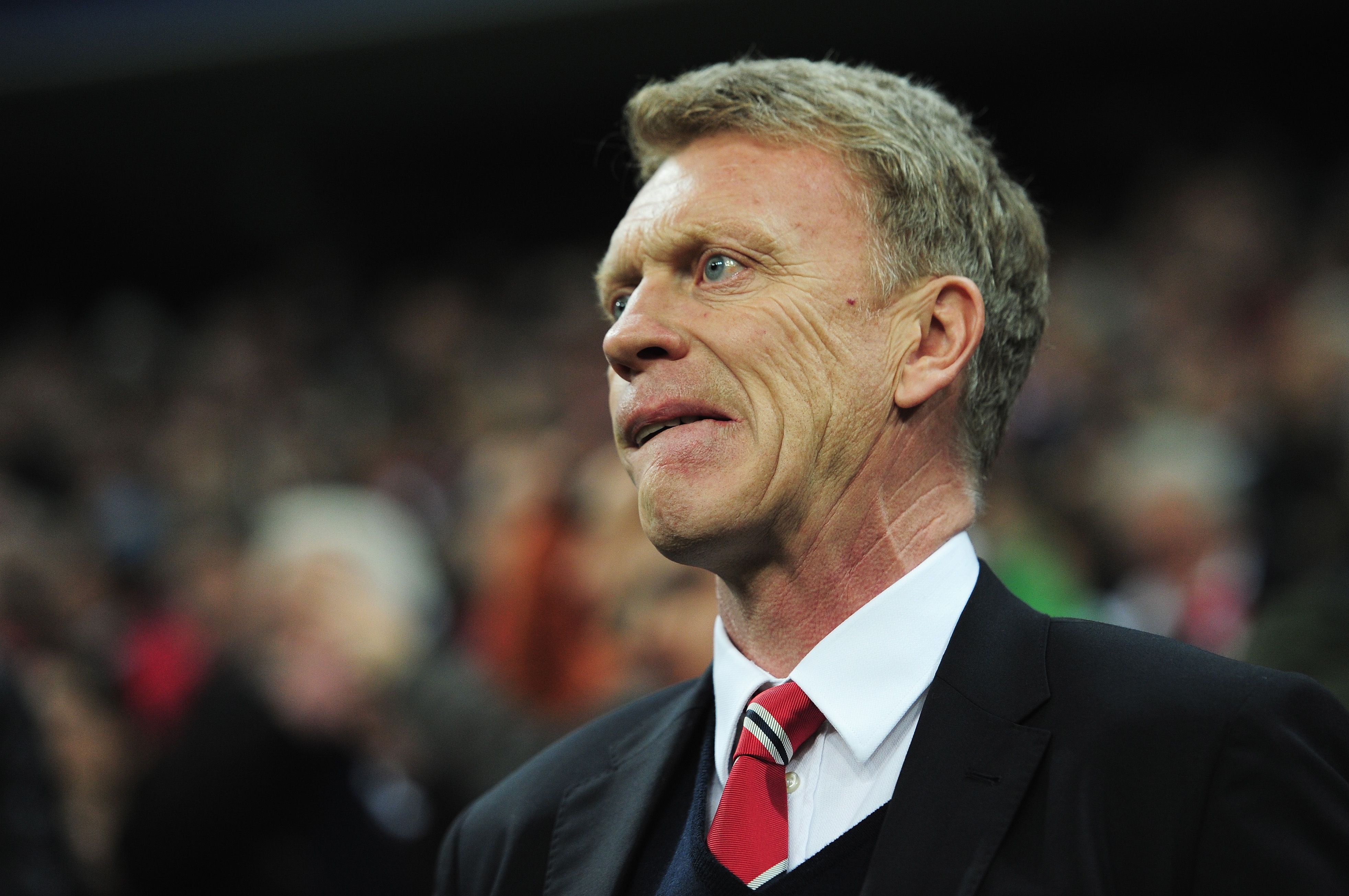
Moyes was asked at the start of the season, what his response would be to those supporters who feared a relegation battle.
"Well, they would probably be right because that's where they've been every other year for the last four years, so why would it suddenly change?"
He may have hoped it would inspire a drive to change it, but for some all it revealed was the Moyes of Manchester United, the Moyes who was mocked by those at the club for his ways. "Is Everton in?" some were said to ask when they arrived at the training ground.
When he spoke last week of the long-term plan it was before Sunderland lost again, this time at West Ham, a club which was once linked to the manager.
Understandably, Moyes complained about the West Ham goal in the 90th minute which had denied his side a point, but the habit of conceding in the final minutes has added to the sense of doom.
Moyes does little to alleviate it, but that is not his way. He is not a song and dance man, a manager who can conjure up a wonderful vision with his management at the centre of it. That, after all, is what Tim Sherwood is for.
Instead he offers a vision of permanence, but it is a vision with little relevance in the modern world. "If I knew I was going to only have 10 months, and not six years, I would have approached the whole job differently," Moyes said recently of his time at Manchester United.
When Moyes arrived at Sunderland, it was easy to see how the club resembled Everton. But the football world has changed dramatically since then and it may be that wherever he goes from now on, it will always look a little bit like Manchester United.
You can catch up on the latest episode of JOE's Football Friday Live right here...Explore more on these topics: